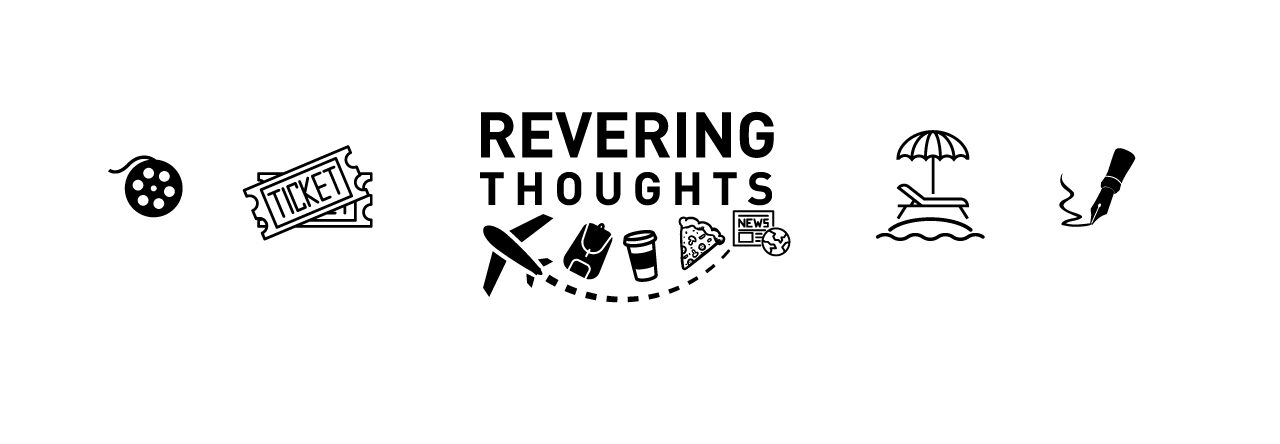‘The Guide’ by RK Narayan is an amazing before-after story that captures the arc, deconstructs it and re-creates it in parallel. Guide is about passion driving a man to the shallows of life, by destroying familial bonds and a thriving business. But, all of this, written in a comedy-of-error way which keeps the humor intact even in tragic situations.
The story starts with Raju, the protagonist, coming out of jail. One part of the storyline tells how he manages his life’s construct post his jail term. While, his backstory deconstruct allows the reader a peek into how he ended up in Jail in the first place. Both the storyline follow the rise-from-the-bottom until tragedy strikes. A major part of the story is leading up to this tragedy.
In the current state, Raju’s rise to becoming a reluctant sage and the struggles of putting up a ‘show’ for the naive villagers who consider him as a ‘Swami’ with immense wisdom, is captured.
In both the storylines, Raju insists that he’s a hack and mocks the fools believing him. By being a Guide, showing him around the town of Malgudi or by becoming the Swami and guiding people in everyday lives, creating a verisimilitude in both. But, this is from the perspective of Raju, the guide and the sage, and does not take into account the impact he might’ve on people and their lives.
A major part of the book is about Rosie with who Raju falls in love with. It’s complicated because Rosie is already married.
RK Narayan is a master storyteller and Guide gives you just that. It’s a breezy short pageturner that’ll keep you interested. If you’ve read any of his work, and liked it, you would like this one as well. As always, the book is a simple read, but there’s so much to ponder at the end of it. That’s what RK Narayan’s stories are, and that’s why you love them every time you read one of his.
The book leaves you with a lot of questions which you don’t get answers to. The closure element is missing and this incompleteness makes the story more real-life.


